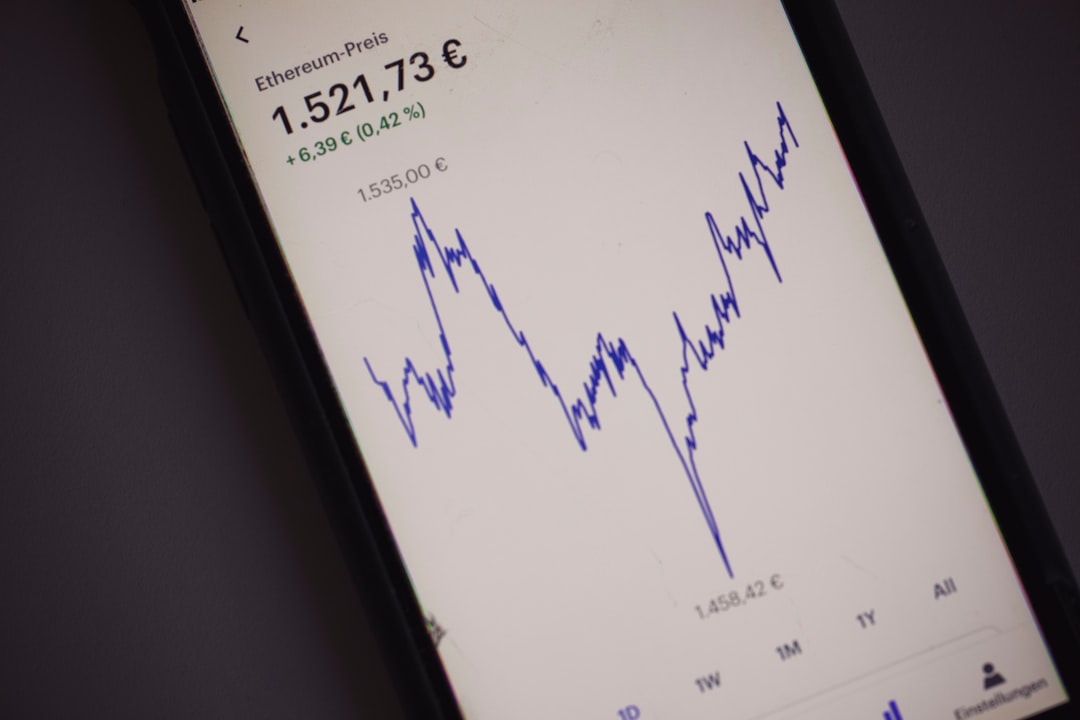What is it about?
We study the asymmetric response of retail prices for gasoline and diesel to changes in oil prices in the Spanish Economy. First, we use a model in which we consider different responses depending on how large the change in oil price is. We also estimate, as a part of the method, the threshold in the variation rate of oil price that determines the asymmetric response. In doing this, our results suggest that the zero threshold for the variation rate is not adequate for Spain. When we use a rolling-window estimation, we find evidence of a time-varying nature for the dynamic response of retail prices to oil price shocks. Consequently, we use a methodology that allows inferring from the data the actual regime existing in every period of time.
Featured Image

Photo by Markus Spiske on Unsplash
Why is it important?
The results obtained in the analysis allow assessing if there is collusion in prices-setting behavior in the distribution channels of fossil fuels. Hence, this study could have relevant policy implications for the Spanish Gasoline and Gasoil retail markets due to the ongoing debate on the existence of a rockets and feathers behavior in Gasoline and Gasoil retail markets between the Spanish regulatory body and the oil companies.
Perspectives
Our purpose was to find evidence regarding an issue that is relevant to all of us as consumers because purchases of fossil fuels are a major part of our consumption budget, being a good which currently is difficult to substitute.
Rafaela Perez-Sanchez
Universidad Complutense de Madrid
Read the Original
This page is a summary of: Rockets and feathers behaviour in the Spanish gasoline and diesel market: New evidence, Bulletin of Economic Research, May 2019, Wiley,
DOI: 10.1111/boer.12202.
You can read the full text:
Resources
Contributors
The following have contributed to this page










